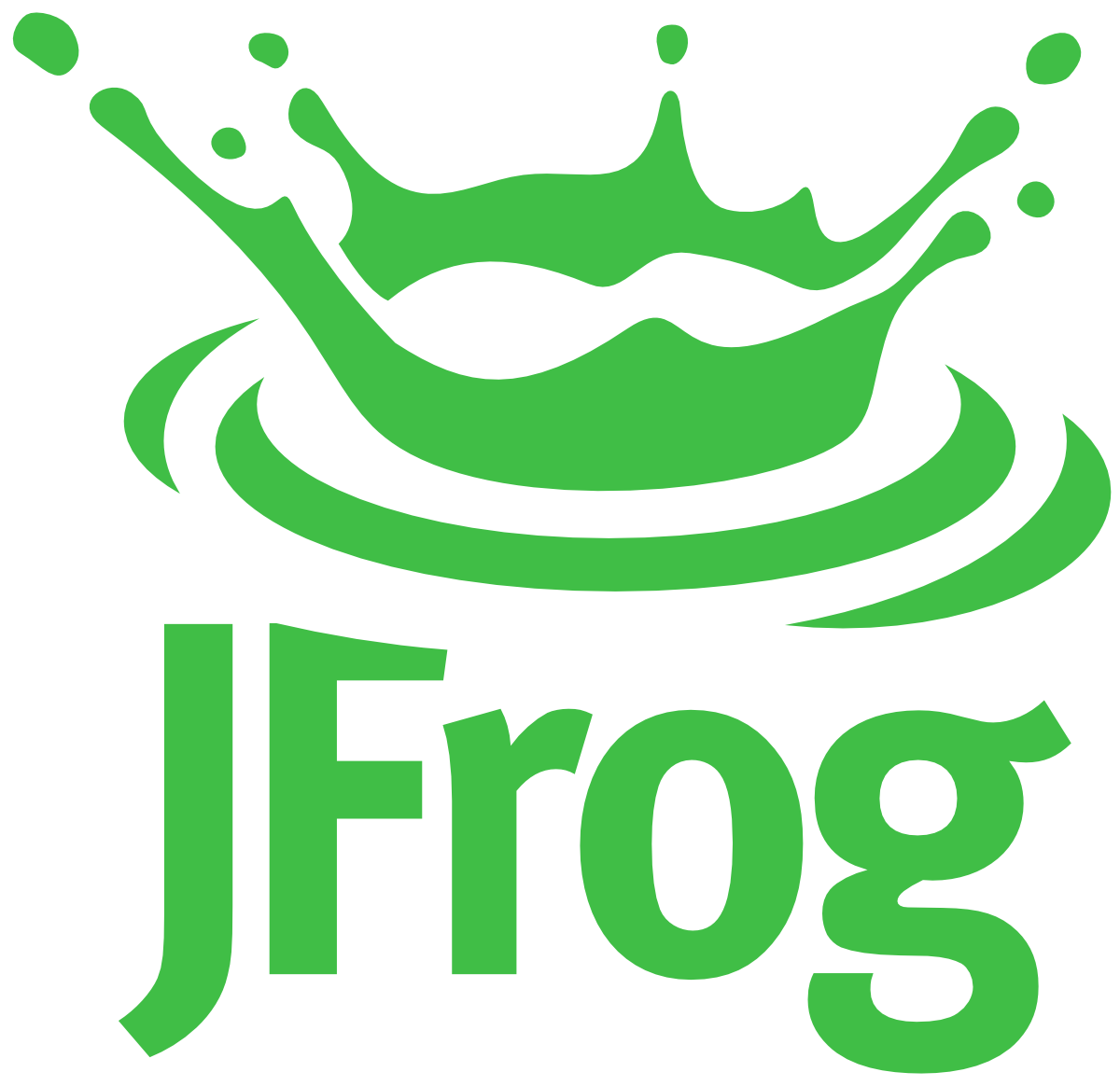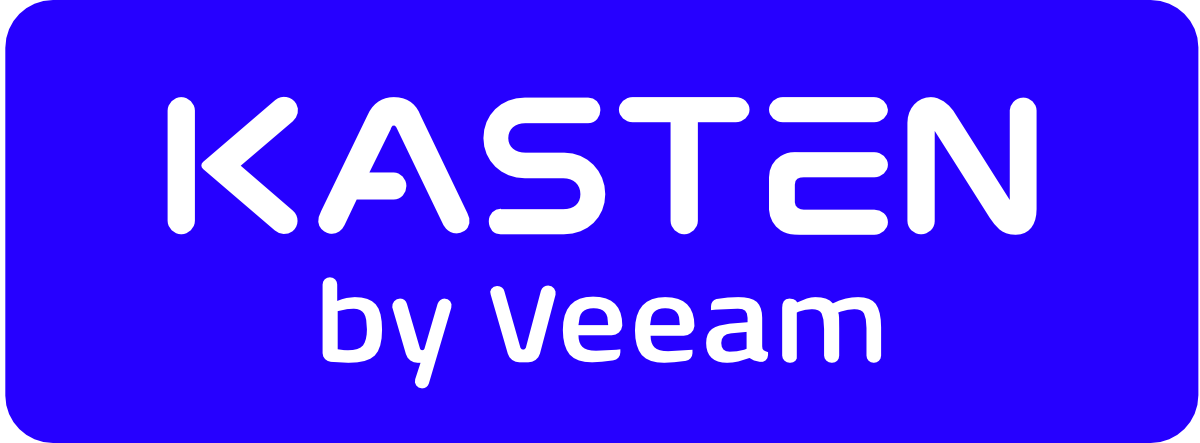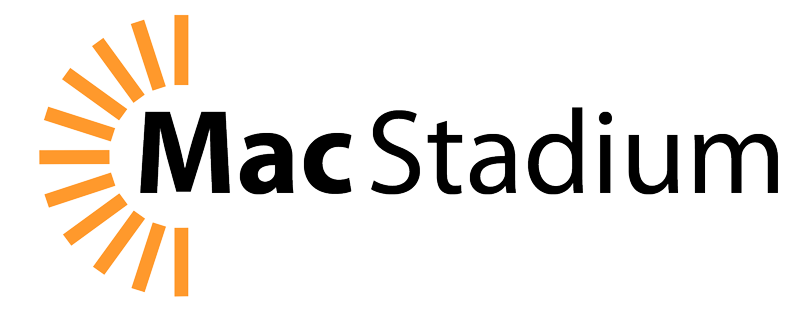VMblog: Can you give VMblog readers a quick overview of your company?
Steve Rodda: Ambassador Labs delivers tools that help Kubernetes developer teams move even faster in how they code, test, ship and run cloud native applications.
Ambassador Edge Stack is an integrated API gateway and edge solution that empowers developer teams to quickly and securely expose their APIs and edge services running in Kubernetes. Edge Stack is built upon the CNCF Emissary-ingress project, which in turn is built upon the CNCF Envoy Proxy project.
Our other CNCF project, Telepresence, helps developers quickly set up an effective development environment, and instantly code, test and debug APIs and services locally that are dependent on remote services and datastores.
VMblog: How can attendees of the event find you? What do you have planned at your booth this year? What type of things will attendees be able to do at your booth?
Steve Rodda: We'll be inside the Expo Hall at booth S29, talking to attendees to learn about their current challenges, sharing information and takeaways on the "8 fallacies of microservices testing", and also demonstrating the latest capabilities available in Ambassador Cloud. This includes updates that make it easier for teams of developers to adopt Telepresence for fast feedback when developing applications and also manage and secure API using Edge Stack, which has become a trusted self-service edge offering and used to support some of the world's largest Kubernetes deployments.
We also have a bunch of fun competitions and giveaways, including Edgy stress balls (which can also be used for rubberduck/bird debugging!), hoodies, and an iPhone 14. We will have a strong virtual presence so our community and attendees can visit us either onsite or virtually.
VMblog: Have you sponsored KubeCon + CloudNativeCon in the past? If so, what is it about this show that keeps you coming back as a sponsor?
Steve Rodda: We are long time sponsors of KubeCon, both in the EU and US. The event offers such valuable insights and opportunities to learn from and help our community and the wider Kubernetes ecosystem. Plus, the show allows us to showcase our continued investments in our two CNCF open source projects - Emissary-ingress and Telepresence. Everything we do is for Kubernetes users, which makes this show the most important event of the year for us.
VMblog: What do you attribute to the success and growth of this industry?
Steve Rodda: Kubernetes has become an industry standard, and as more organizations see the benefits of this open source platform, they also face challenges and seek tools to help build and manage cloud native applications at scale without compromising developer productivity.
VMblog: Do you have any speaking sessions during the event? If so, can you give us the details?
Steve Rodda: Yes, we have two talks. The first is presented by the Emissary-Ingress and Linkerd teams and will show the painless way to get four CNCF projects (Emissary-ingress, Linkerd, Kubernetes, and Envoy) running smoothly together to provide resilience and reliability for both end user requests and service-to-service application calls.
The second talk is our Emissary-ingress Maintainer Track session. This will give attendees an overview of why ingress controllers are necessary, how self-service developer workflows work for developers and for operations, and how our CNCF incubating project, Emissary-ingress, can make all of this easier, more secure, and more scalable.
VMblog: What are you personally most interested in seeing or learning at KubeCon + CloudNativeCon?
Steve Rodda: As a long-time developer that has more recently specialized in leading organizations that are focused on coding and testing APIs, I'm most excited to learn more about the state of the art of this domain within the cloud native ecosystem.
We have a lot of mature API testing and management solutions outside of the cloud ecosystem, but I believe that organizations that are adopting microservices, containers, and Kubernetes will encounter new challenges within this old problem space. And who is going to encounter the pain first? That would be the developers! KubeCon provides a fantastic experience to learn from these folks.
VMblog: What kind of message will an attendee hear from you this year? What will they take back to help sell their management team and decision makers?
Steve Rodda: As more organizations adopt Kubernetes, developer teams are no longer just coding, they are taking on full lifecycle ownership as part of their Kubernetes journey. Full application lifecycle management doesn't need to be difficult. Our products are designed to enable developer productivity and give them the tools to support their ability to build faster and ship safer, while using the toolchains they already love and trust.
VMblog: Can you double click on your company's technologies? And talk about the types of problems you solve for a KubeCon + CloudNativeCon attendee.
Steve Rodda: We are the original creators of two top CNCF open source projects, including incubating project Emissary-ingress, and Telepresence. Our technologies accelerate self-service developer team productivity by giving these teams the necessary observability, shareability and control to securely collaborate and manage large scale deployments of hundreds of services across the organization.
VMblog: KubeCon + CloudNativeCon is typically a great venue for a company to launch a new product or an update to an existing product. Will your company be announcing anything new? If so, can you give us a sneak preview?
Steve Rodda: We will be showcasing new capabilities available for Telepresence and Ambassador Edge Stack that give developer teams the power to take a self-service approach in how they collaborate, diagnose, debug and secure Kubernetes workflows.
VMblog: Where are we at in 2022 with regard to containers and Kubernetes? Is there anything still holding it back from a wider distribution? If so, what is it? And how do we overcome it?
Steve Rodda: It's amazing how far we've come as an industry since the Docker team popularized containers for the world back in 2013. Adoption is now widespread, but the most pain is felt by the development teams using containers and Kubernetes day-in, day-out to code, test, ship and run applications.
We believe that we're missing the "Goldilocks" Kubernetes platform, or "Golden Paths" as we refer to them, that help to reduce the friction and toil for developers, and organizations like Ambassador Labs are working hard to help teams build effective developer-focused platforms.
We also often talk about "drinking our own champagne", as we use our own tools to build our products. This way we get to experience first-hand the importance of the developer experience with Kubernetes. We encourage more organizations to share their journey in creating these tools and platforms (and why not join us on our podcast!), as this sharing of knowledge is surely the most effective way to collectively drive the industry forward.
VMblog: Are you giving away any prizes at your booth or participating in any prize giveaways?
Steve Rodda: One of the exciting things we'll be having at our booth is the ‘K8s Mile Challenge' where visitors get to see the power of our Edge Stack and Telepresence capabilities. Prizes include an iPhone 14 and a limited-edition hoodie.










